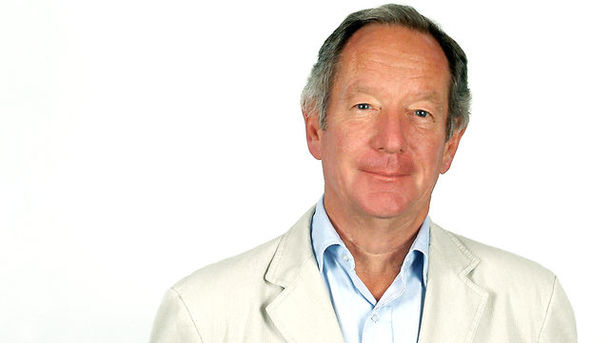Moral Maze - 09/06/2010

The one encouraging thing to come out of the shootings in Cumbria last week was the performance of our 4th emergency service ... the trained counsellors and psychologists. Almost as fast the police investigation got underway, 24 hour free phone numbers were available for anyone who felt they'd been affected by the incident and drop in centres and mobile units were drafted in to provide emotional support. The irony is that in this one case, where this kind of reaction was justified, the people of Cumbria - in the face of persistent questioning from journalists about how they felt - displayed a quiet dignity and stoicism that seems to have deserted large parts of our society. The expectation is that we'll need emotional support, whether it's at a time of genuine tragedy when it is clearly justified, or after appearing on a TV talent show. Why have we become such an emotionalised society and what's it doing to us? There was a time, not so long ago, when this kind of emoting would be in poor taste and its encouragement would be condemned as exploitative. But resilience has been re-cast as repression and now, whether it's in our closest relationships, in schools, or in work, we're all expect to share. It's all been done with the best of intentions - who would want to go back to the days of suffering alone and in silence - but the danger is that we could be creating a generation that is very susceptible to the idea that they 'have issues'. And we've produced a culture in which genuine emotion is crowded out by the counterfeit currency of vicarious emotion, or sentimentality, which is mistaken for the real thing with the pernicious effect not only of devaluing real feelings such as grief, but elevating histrionics such as self-pity and narcissism. But have we really changed that much? Perhaps we've just lost those traditional places where people could get informal support from their friends or community - like the pub or the post office - and even the church, and this is secular society trying to replace them. Have we exchanged the stiff upper lip for the trembling lower one? That's the Moral Maze this week. Combative, provocative and engaging live debate examining the moral issues behind one of the week's news stories. Michael Buerk chairs with Melanie Philips, Matthew Taylor, Claire Fox and Clifford Longley. Witnesses: Philip Hodson Fellow of the British Association of Counselling & Psychotherapy Professor Simon Wessely Head of the Department of Psychological Medicine, King's College London. Professor Dennis Hayes Professor of Education, University of Derby. Founder of the campaign group Academics For Academic Freedom (AFAF). Harry Eyres Writes the Slow Lane column for the Financial Times which celebrates the creative use of down-time.